
FREE SHIPPING TO U.S. AND PUERTO RICO FOR ALL ORDERS $100 AND OVER!
We are unable to accept returns on any products or test kits. All sales are final.
By visiting our site, you agree to our privacy policy regarding cookies, tracking statistics, etc. Read more
FREE SHIPPING TO U.S. AND PUERTO RICO FOR ALL ORDERS $100 AND OVER!
We are unable to accept returns on any products or test kits. All sales are final.
FREE SHIPPING TO U.S. AND PUERTO RICO FOR ALL ORDERS $100 AND OVER!
We do not currently ship internationally.
Menopause is a natural process in the female of many species. It is the process of the female reproductive system permanently shutting down. In human females, it usually occurs more or less in midlife, signaling the end of the “fertile” phase of her life.
The timing of natural menopause is variable. In the United States and Europe, the average age for the start of menopause is now 51. However, natural menopause can begin while a woman is in her 30s or in her 60s. Factors influencing the start of menopause include heredity (genetics) and cigarette smoking. Smokers (and ex-smokers) tend to reach menopause an average of at least two years before women who have never smoked. It may be important to note that race, height, the number of children, or the use of oral contraceptives does not influence the age at which a woman begins menopause.
Menopause is frequently best understood as the process opposite to “menarche”, which is the start of the monthly periods. However, the explanation that describes a “permanent stopping of the monthly periods” is actually too simplistic. What is really happening during menopause isn’t just about what happens in the uterus, but more importantly, it is about what happens in the ovaries. What we are actually talking about here is the process of the ovaries shutting down.
Most women recognize the onset of menopause, when her monthly menstruation periods begin to shut down, and stop for a period of at least one year. If at some point in her life, the woman had her uterus removed (hysterectomy), then menopause can still be detected by a laboratory test that signals a really high FSH level.
When a woman has a hysterectomy, she will be technically infertile, but menopause will not begin until her ovaries actually stop functioning. Even without the uterus, a woman’s ovulation and the systematic release of reproductive hormones will continue until menopause actually begins.
While the ovaries will continue to function after a hysterectomy, if the ovaries are removed by way of an oophorectomy, the woman would immediately enter what is called “surgical menopause”.
Menopause is a process that begins the actual shutting down process (or surgical removal of) the ovaries. Since the ovaries are a part of the body’s endocrine system (small organs that involve the release of extracellular signaling molecules known as hormones), the process of the ovaries shutting down, also known as perimenopause, launches a cascade of physiological changes in a woman’s body. The endocrine system produces the hormones that make the reproductive process possible and it also influences sexual behavior. The physiological changes can begin as many as six years in advance of menopause, and some of those changes display like this:
Since menopause is not actually a disease or disorder, some women will require no treatments during the perimenopausal phase of their lives.
Having a hormone test can determine your levels of Estrogen, Progesterone, Testosterone, and FSH. Saliva tests can be collected in the privacy of your home, or you can check hormones with a blood test or finger stick. These hormone tests are valuable in determining what hormone replacement you need or to monitor the levels of your current regimen.
Some menopausal symptoms may require medical treatment, as defined by your practitioner. Do be advised that if you have bleeding after menopause, call your doctor, as it may an indication of a more serious problem.
Hormone replacement therapy (HRT) was long the standard medical treatment for menopause, however, it has been learned that traditional HRT using synthetic estrogen and progestins actually increases the risk of breast cancer and heart disease. As a result, women and healthcare providers no longer seek traditional estrogen replacement therapy.
Diet is an important tool that can be used to help control menopausal symptoms. Foods to avoid include:
Increase the intake of foods such as:
Some of the symptoms may be addressed and treated with nutritional menopause supplements and herbal remedies, such as those listed here:
Since menopause is natural process that cannot be considered a disease or illness, some will be able to navigate the process without the aid of medicines and supplements. But, for those women who find their personal experience a bit more daunting than what it should be, there are a number of treatments that can be considered, with the help of a healthcare practitioner or without.
Showing 1–24 of 29 results
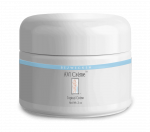
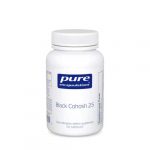
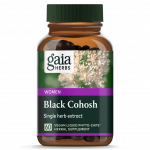
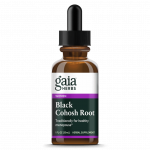
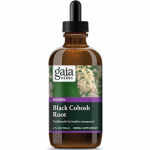
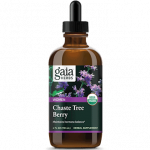
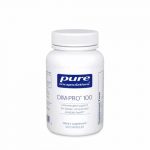
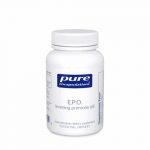
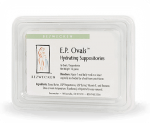

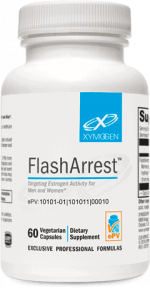
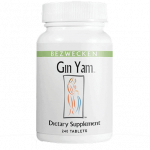
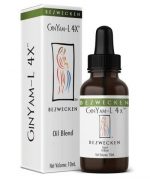
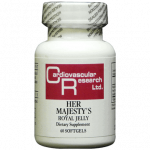
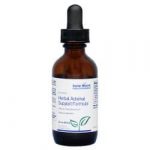
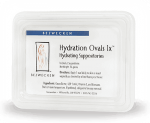
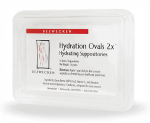
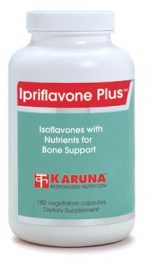
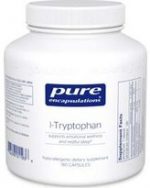
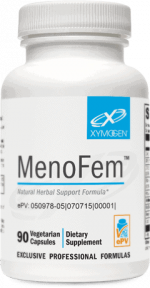
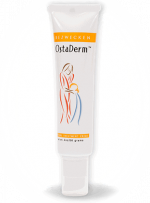
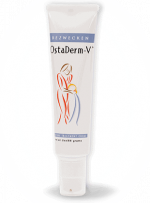
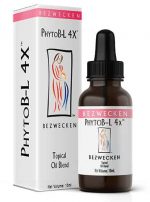
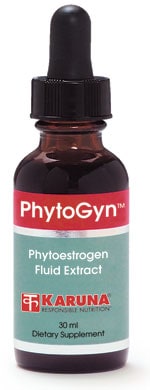
This site is protected by reCAPTCHA and the Google Privacy Policy and Terms of Service apply.